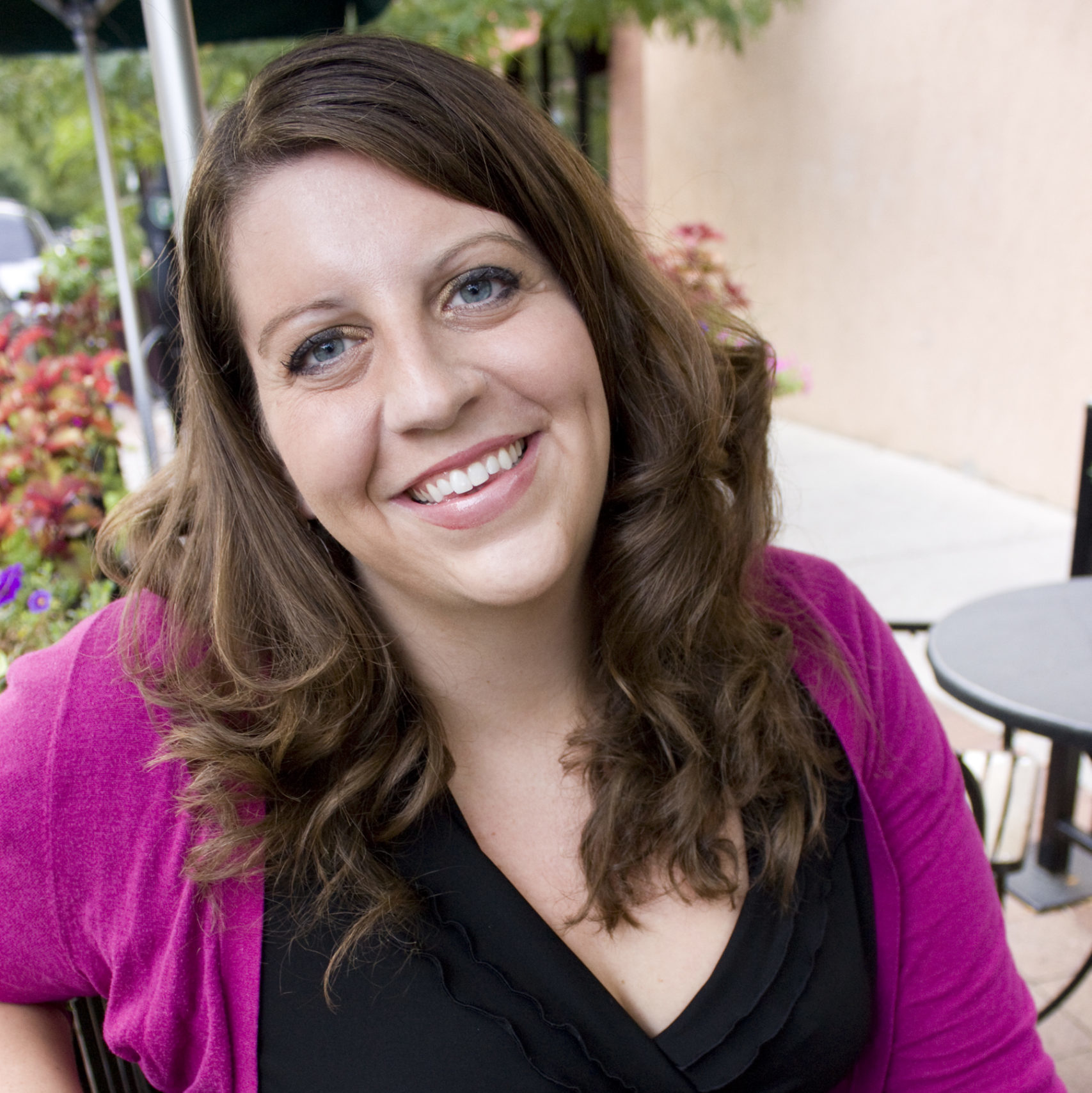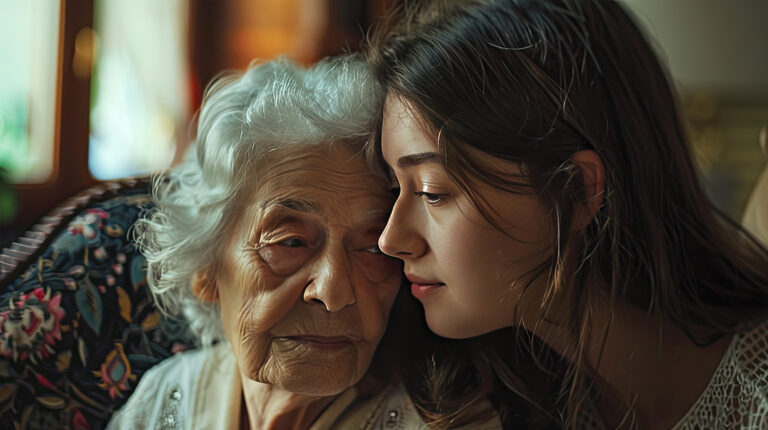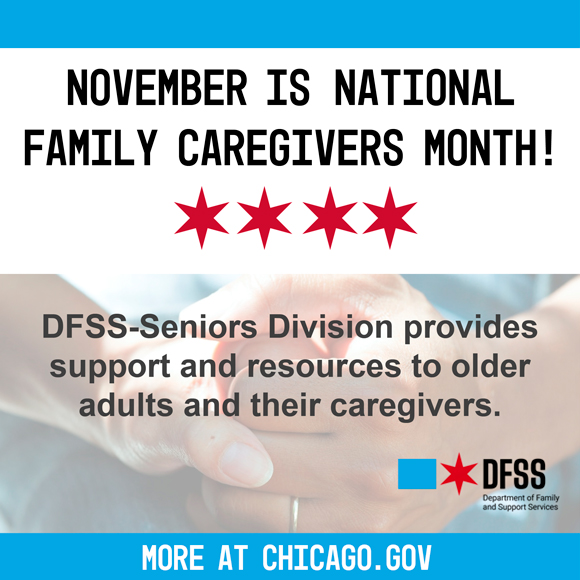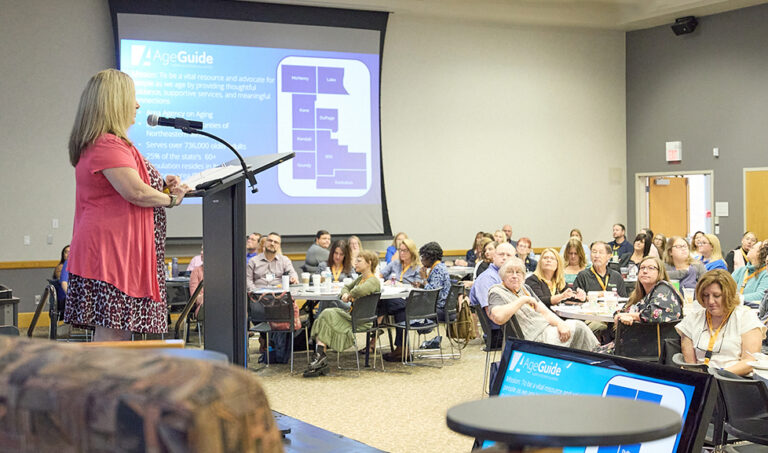
Dawn is a food-allergy mom and journalist. She loves swimming and traveling, learning new food hacks and getting off the beaten path.
Caregiving for someone is difficult — and so is alleviating the stress
![]() Fact checked by Catherine Gianaro
Fact checked by Catherine Gianaro
Taking care of an aging loved one is incredibly demanding — physically, emotionally, and mentally. In Illinois alone, 1.3 million family caregivers provide an estimated 1.21 billion hours of unpaid care annually.
Prolonged stress from caregiving can manifest with headaches, body aches, insomnia, or moodiness. It can also show up as a lack of interest in activities you previously enjoyed. “These are signs of burnout,” says Amy Brennan, executive director of the Illinois Family Caregiver Coalition.
Loneliness and isolation are also signs. Maybe you’re neglecting self-care and social interaction or skipping doctor appointments. Perhaps you’ve become angry and resentful of your loved one.
“It’s the type of thing that can sneak upon you,” Brennan says. “So often caregivers are the most selfless people around.”
Yet there are things you can do to improve the situation, without compromising who you are.
Locate local resources
According to the Illinois Family Caregiver Coalition, 47% of voters in Illinois who are 50 or older have experience as family caregivers. A majority of them — 64% —worked while providing care, and 6 in 10 used their own money to provide care. One out of 5 caregivers reports physical strain due to caregiving duties.
“It’s really hard to find time for yourself when you’re caregiving for a loved one because there are so many different things that you have to manage at once,” says Cristina Diaz, manager of community programs at AgeOptions.
Find the Caregiver Resource
Centers (CRCs) in your region that link caregivers with adult day services, respite providers, counseling, and support groups. Resource centers also offer financial and legal services, caregiver training and services such as home-delivered meals, as well as transportation and housekeeping assistance for senior citizens who want to remain at home and need help.
These resource centers provide assistance to any caregiver or care recipient residing in their area, says Diane Slezak, president and CEO of AgeOptions, the Area Agency on Aging for Suburban Cook County. “It’s a first-stop shop.”
At AgeOptions, which services all of suburban Cook County, caregivers start with TCARE, a caregiver assessment and referral tool, to find their biggest stressors and burdens. The team follows up with a conversation to create a tailored plan, that might include family counseling to help alleviate stress.
Sharon Dornberg-Lee, clinical director of community services at CJE SeniorLife, a nonprofit organization in Chicago, says a difficult relationship with a relative can bring additional challenges. “And then you add in caregiver responsibilities. It can lead to burnout and depression,” Dornberg-Lee says.
Build a care team
Remember, you don’t have to do everything alone. Reduce stress by asking for help.
“It is easy to get into that martyr role, especially if there’s a strained relationship with other family members,” Dornberg-Lee says. “Every caregiver needs to have a team.”
Consider hiring a paid caregiver if financially feasible to provide relief and support. People with low incomes may qualify for a free caregiver through a Medicaid waiver program. The Elder Care Locator can help you find your local programs and guidelines, or call (800) 677-1116.
Delegate to family members and friends, too. There are lot of things people can do remotely to relieve some of the burden, Dornberg-Lee says. Think about who you can add to your team, whether paid or unpaid. For example, an out-of-state sibling can make medical appointments, manage online banking tasks, and shop for groceries virtually.
Consider hiring a care manager. “It’s so much to coordinate,” Dornberg-Lee says. “If you have managed care in Illinois, you likely qualify for a care manager to help.” Check if you qualify for a free program through Medicaid.
If not, use the Illinois Department on Aging’s service locator. Or find a paid certified geriatric care manager at aginglifecare.org.
CJE Senior Life also provides care management services to people in their service area in northern Chicago and surrounding suburbs. Dornberg-Lee says anyone living in Illinois can call CJE for a free consultation.
Find a support group
There are many different types of support groups.
CJE Senior Life hosts a variety of free caregiver support groups, both virtually and in person. Contact them for more information.
Schedule respite care
Caregivers can schedule a break by finding respite care — whether from another family member or paid. “You can get some time to rest and recoup with substitute care,” Dornberg-Lee says.
In Illinois, the Illinois Respite Coalition offers Emergency Respite Care, with up to $500 of funding for those in need of a break. Call (866) ILL-RESP. The Illinois Department on Aging’s Community Care Program offers aging adults in-home services, including doing laundry and preparing meals, as well as bathing and grooming.
Try stress-busting techniques
AgeOptions offers the Stress-Busting Program for Family Caregivers — a free, 9-week workshop, that includes art and music therapy, meditation, journaling, and chair yoga activities woven into 90-minute educational sessions. “Every week is different,” Diaz says. “It helps people figure out what works best for them.”
Mediation apps such as Headspace or Insight Timer let you work the practice into your schedule in smaller increments.
And box breathing, also called four-by-four breathing, reduces stress by calming your nervous system. Breathe in through the nose and hold your breath for four seconds. Exhale through the mouth for four seconds. Hold in place for four seconds before inhaling again. “If I’m at the point where I’m overwhelmed and something has to change, I just do it because it helps compose myself and helps regulate my equilibrium internally,” Diaz says.
Check out online classes
Trualta, an interactive educational platform offers tips for managing caregiving for aging adults. “They offer a ton of webinars about how to identify when you are burnt out and things you need to do for self-care, and how important it is to provide self-care,” Slezak says.
PowerfulToolsForCaregivers.org is another educational option. “You need to take care of yourself first because if you don’t care for yourself emotionally and mentally, then you will have a hard time taking care of someone else,” Diaz says.
Consider your needs
Make time to manage your health. “It’s not uncommon for a family caregiver to die before their care partner even though they are the well one,” Dornberg-Lee says.
Make sure to see your doctor, eat well, and exercise
“All the things that we do to stay well or to get well, often are overlooked by people who are so focused on caring for someone else because [the other person’s] needs are so great. It really leads to self-neglect,” Dornberg-Lee says.
Don’t lose sight of the fact that you have to care for yourself in order to care for a loved one.













